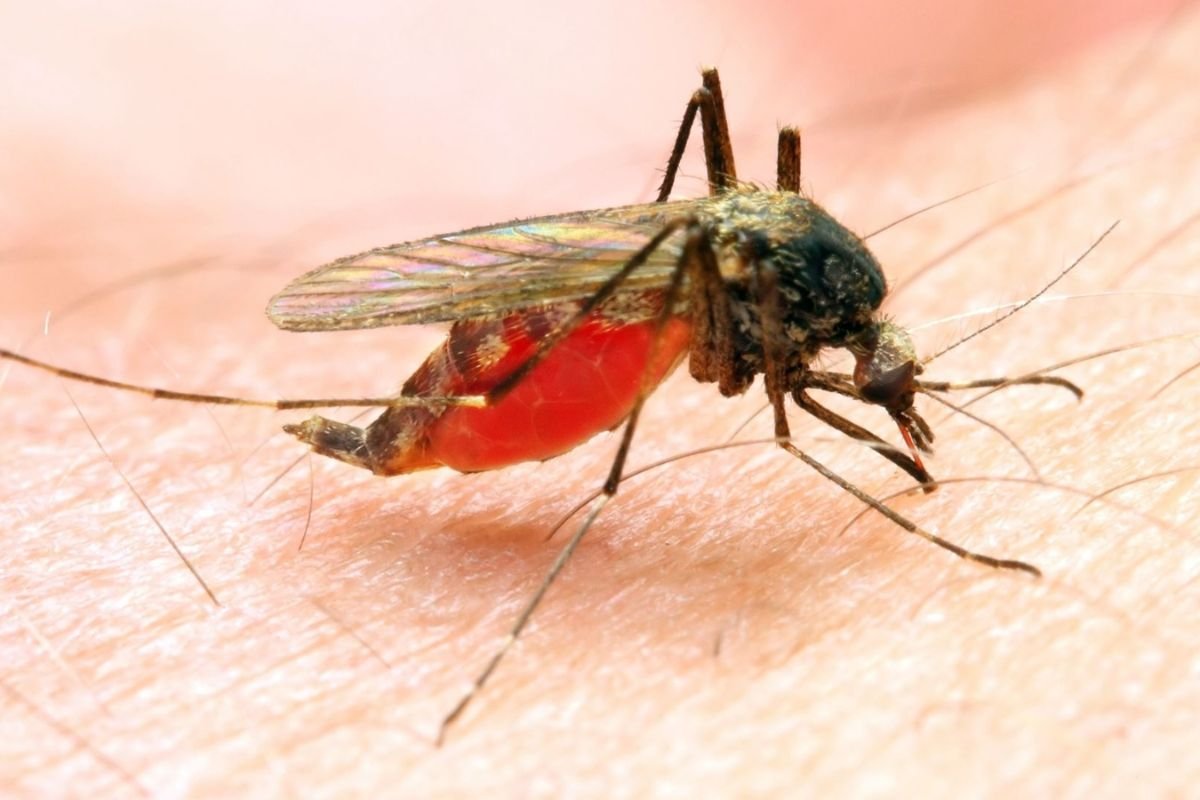Key Points:
- First possible local malaria case in NJ since 1991.
- Risk to the public is low, but precautions are advised.
- CDC and state agencies are investigating the source.
Health officials in New Jersey are investigating whether a Morris County resident infected with malaria represents the state’s first locally acquired New Jersey Malaria Case in more than three decades. If confirmed, it would be the first such case in New Jersey since 1991.
The resident, whose name and personal details have not been released, has no international travel history, leading state agencies to suspect a rare case of local transmission. The New Jersey Departments of Health and Environmental Protection are working with the Centers for Disease Control and Prevention (CDC) to trace the source of the infection.
Malaria Transmission and Risks
Malaria is a mosquito-borne disease caused by parasites transmitted through the bites of infected Anopheles mosquitoes. The illness is widespread in tropical and subtropical regions but rarely spreads locally in the United States.
Most malaria cases reported in New Jersey, about 100 each year, are travel-related. These occur when residents return from countries where malaria is common. Local transmission happens when a mosquito bites an infected traveler, becomes a carrier, and then infects another person.
Although Anopheles mosquitoes exist in New Jersey, health officials emphasized that the overall risk to the public remains low. “While risk to the general public is low, it’s important to take the necessary precautions to prevent locally acquired malaria in New Jersey,” Acting Health Commissioner Jeff Brown said in a statement. “The most effective ways are to prevent mosquito bites in the first place and to ensure early diagnosis and treatment of malaria in returning travelers.”
Symptoms and Treatment
Malaria symptoms often resemble those of other illnesses and typically appear within a week to a month of exposure. Common signs include fever, chills, headache, muscle aches, and fatigue. In some cases, patients may also experience nausea, vomiting, and diarrhea.
The disease can be life-threatening if left untreated, but prescription antimalarial drugs are highly effective in curing it when diagnosed early. Officials urged both clinicians and residents to be alert to potential symptoms, particularly during mosquito season, , to help identify any possible New Jersey Malaria Case.
Mosquito-Borne Illnesses in New Jersey
Mosquitoes are considered the deadliest animals in the world due to their role in spreading diseases such as malaria, dengue, yellow fever, Zika, and West Nile virus. While malaria is uncommon in the United States, West Nile virus remains the leading mosquito-borne illness nationally and is regularly reported in New Jersey.
Cases of West Nile have risen in recent years, according to the CDC, and the state sees most mosquito-related activity during the summer and early fall. Health officials recommend using insect repellent, wearing protective clothing, and eliminating standing water around homes to reduce the risk of bites.
Next Steps
The New Jersey Malaria Case remains under investigation as state and federal agencies attempt to confirm whether the infection is locally acquired or linked to another source. Officials are urging the public to remain cautious but not alarmed.
If confirmed, the case would mark the first locally acquired malaria infection in New Jersey in 34 years, underscoring both the rarity of such occurrences and the importance of continued mosquito control and public health vigilance.
Visit The Lifesciences Magazine to read more.







